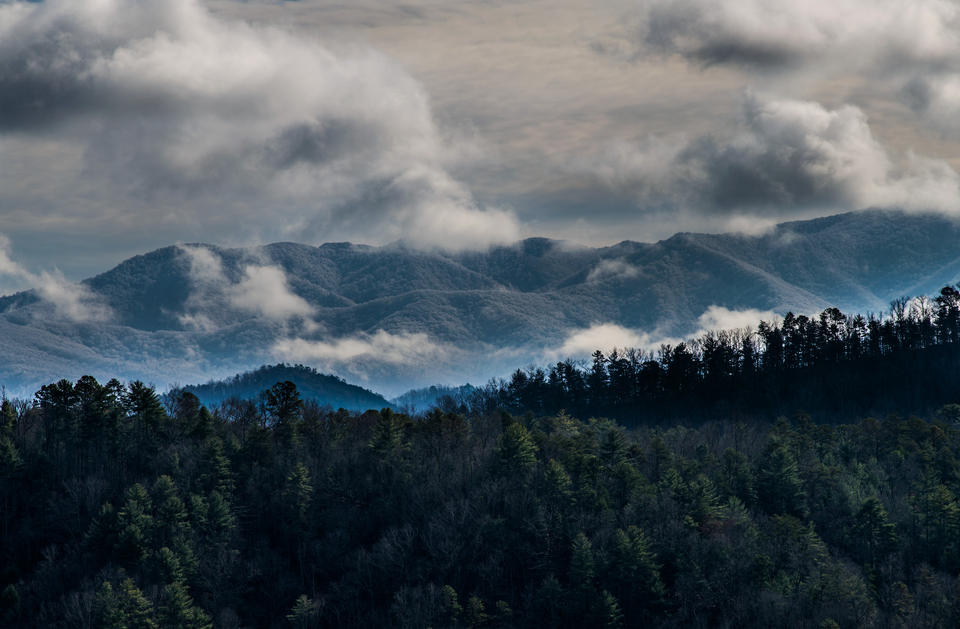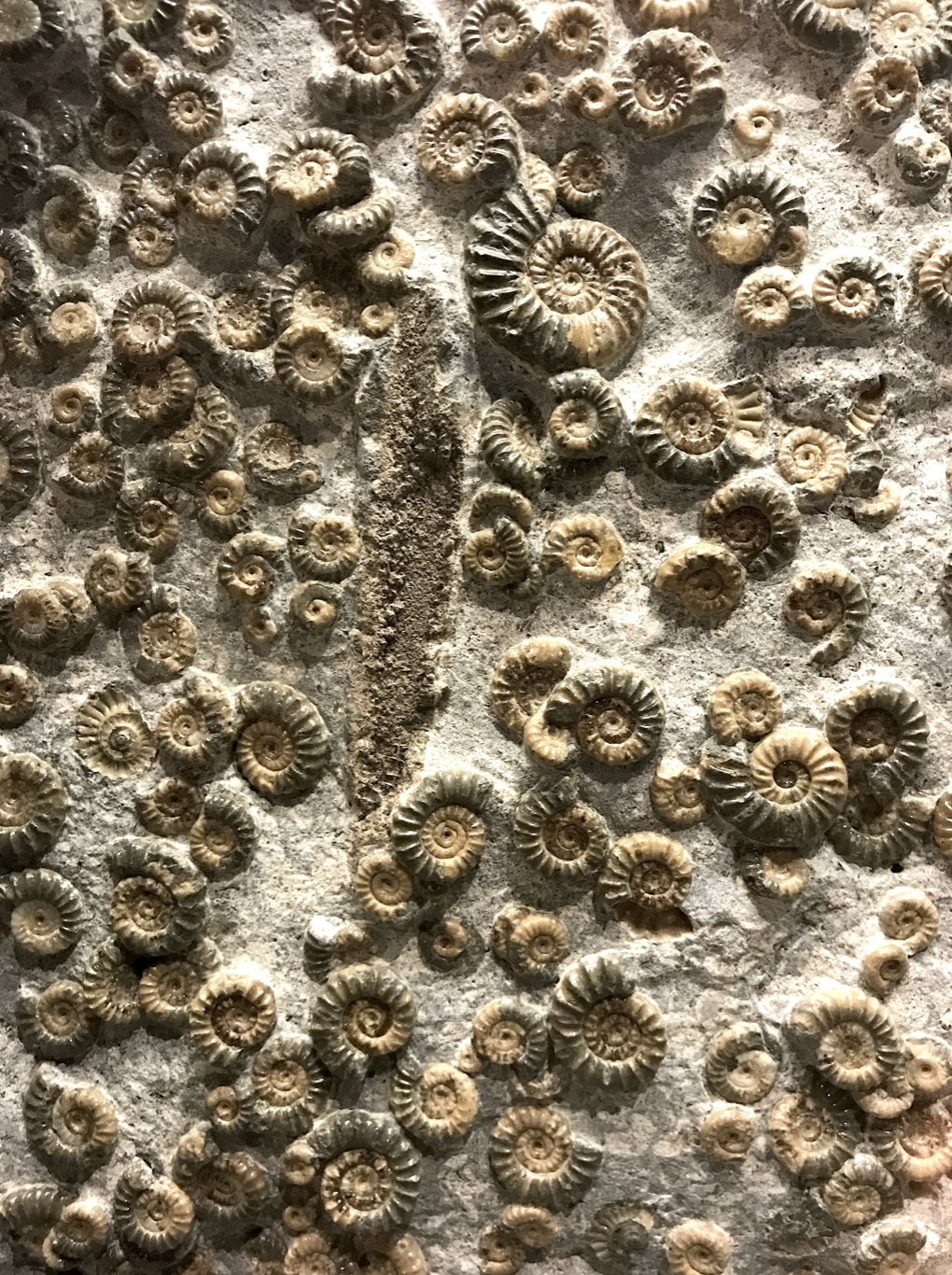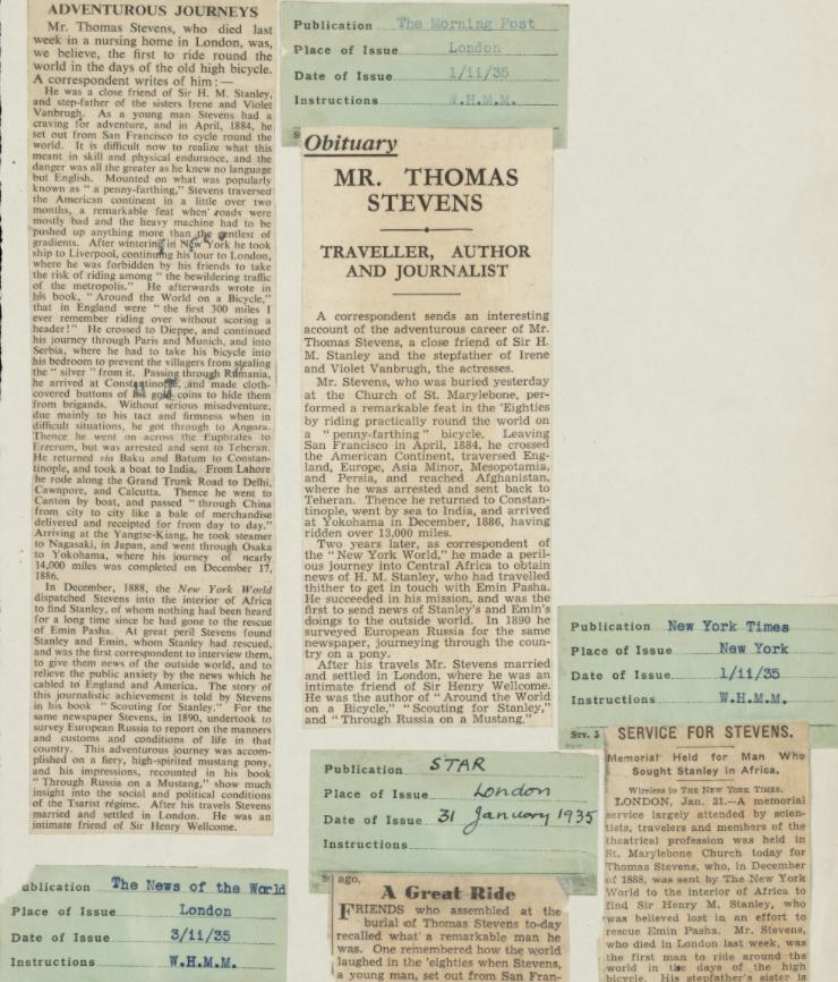Several months ago, I stood deep in the mountains, straining my eyes to find the faint river of stars that flow across the dark sky. The ability to see the Milky Way is a casualty of our desire to vanquish the night. Even without ambient light from cities or highways, our galaxy is easy to mistake for clouds or mist, often drifting across the sky just on the edge of our ability to see.
But here, away from the city, I looked deep into the black that hung above me. Light created before humans took their first breath had travelled across that great chasm of distance and time and finally completed its journey, meeting me in this small corner of the galaxy. Tiny photons pierced the cornea of my eye, splashing against my retina.
As my neck craned skyward, my feet rooted into the ground. I felt the depth of the earth beneath me. Soil and stone, and the mountains’ immovable roots. The pulse of liquid rock that curls beneath the surface of our world. Tendrils of energy forked upward through rifts in the Earth’s crust.
4 billion years ago the nascent Earth was struck by an object the size of Mars. A cataclysm of almost unimaginable power tore the crust from the Earth, spinning it into the space around us, where it coalesced to form our moon. The lonely sentinel that comforts us in the night, causes our oceans to swell and lovers to swoon, is bone of our bone, and flesh of our flesh.
In the depths of our universe there are wonders too incomprehensible to imagine, but there is also a lot that is familiar. From our nearest celestial neighbor to planets that circle stars too distant to be seen, much of what exists in this universe is dirt and rock, stone and dust. The substance from which life springs as we know it is not scarce. It is everywhere.
******
In her book Girl Meets God, Lauren Winner writes: “I have never, not once, felt anything at the Eucharist. Not a thing. I have never felt stirred, or joyful, or peaceful, or sad. I have never felt closeness. I have never felt God at the communion rail…I keep hoping one day God will give me some feeling at communion. In the meantime, I figure He is helping me become something else. He is calling me to know Him in the Eucharist even though I don’t feel Him there. He is calling me to a place where He is truer than everything else, truer even than how I feel.”
For the past two years I have been fasting once per week, for no reason other than I feel compelled to do so. This practice, which I try to pair with a midday celebration of the Eucharist, has not led to any profound theological insight, or miraculous answer to prayer. Many prayers linger unanswered, and mysteries I’ve tried to understand remain veiled. Transcendence is frustratingly absent.
That’s not why I walk to the tiny chapel and receive the host with two or three others each week. It’s not why I push through the last few hours of the day after hunger has sharpened its dull edge. I can say this with certainty simply because I have no idea why I am doing it. Instead, fasting has made manifest to me what is often latent – that I am inexorably dying.
*****
From my lofty perch much of the ground looks the same, but ask one of my children what they see in the dirt and they will show you a colorful bit of shell or tiny rock that has caught their eye. They will extract wriggling worms and lay them on their hands to examine more closely, or pluck tiny bugs and watch them scurry across fingers. They’ll show you damp soil that clumps together into funny shapes, or dry soil that disappears in a puff of dust when squeezed between two fingers. They may find a small stem of plant, roots just beginning to venture forth in search of nutrients, and discover the very beginnings of new life.
As much as humans are drawn to the sea, we are not of it. The sea is primordial, a remnant of creation before it was ordered by God. We are born from the earth and in death the earth consumes us.
Not only is the stuff from which we are made common across the universe, it’s not even new. Our spirit is breathed into dirt that has existed since the beginning. The atoms that make us who we are once resided in countless other living, and non-living things. When we kneel and run our hands through the soil we mingle our flesh with those who have come before, and those yet to come. We are reincarnated beings. Death is the end of one life, and the beginning of a thousand more.
*****
I wish I could experience the sacraments the way I experience the mysteries of the universe. I want to be moved by them, the way I am moved when I consider how a photon of light, formed in a distant cauldron of fire, has been designated to travel across space and time to me to reveal the wonder of creation.
But in the sacraments he has hidden himself from me. Like Winner, my hope is that he is “calling me to a place where He is truer than everything else.” A place where I can experience him even more intimately than I experience the breath-stealing, fall-on-your-knees, shattering beauty of this universe. A universe that has brought me back from the brink of unbelief. A universe that in the darkest days of my life has not allowed me to turn my face from him.
*****
I write perched on a rise with a view of several ridges receding into the distance. The furthest one is almost completely shrouded in the smoky blue mist common to the mountains where I live. It rises a bit higher than the rest and drifts along the horizon, just on the edge of my ability to see.




